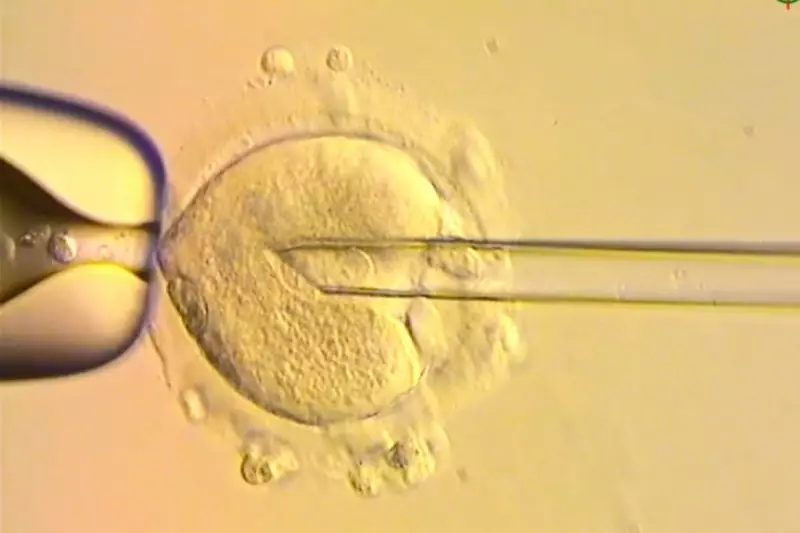
In a startling revelation that rewrites London's ancient history, cutting-edge DNA research has uncovered the extraordinary diversity of individuals buried in the capital during Roman rule. Scientists from Newcastle University and Historic England have analysed skeletons from a Roman cemetery in Southwark, revealing origins as far-flung as Eastern Europe, the Middle East, and North Africa.
The DNA Detectives
Using advanced genetic sequencing techniques, the research team examined 20 skeletons from the ancient burial site near Harper Road. The findings paint a vibrant picture of Roman Londinium as a true melting pot of cultures and ethnicities.
Surprising Ancestral Mix
The analysis showed:
- Five individuals with British ancestry
- Four from Eastern Europe and the Alps
- One with Middle Eastern genes
- Two showing North African heritage
- Eight with southern European roots
"This completely changes our understanding of Roman London," said Dr Rebecca Redfern, co-author of the study. "We're seeing first-generation immigrants from across the Empire coming to Britain's shores."
A Cosmopolitan Capital
The research suggests London served as a thriving international hub nearly 2,000 years ago. The diversity mirrors modern London's population, proving the city has always been a destination for ambitious migrants.
Interestingly, the study found no evidence of social segregation in death - individuals from different backgrounds were buried together with similar grave goods, suggesting integration in life.
Scientific Breakthrough
This pioneering work represents the first successful extraction of whole genomes from Roman-era bones found in Britain. The acidic soil conditions in London typically destroy ancient DNA, making these findings particularly remarkable.
"The preservation of this genetic material is extraordinary," commented Professor Charlotte Roberts from Newcastle University. "It opens exciting new possibilities for understanding our past."
The research, published in the Journal of Archaeological Science, provides unprecedented insight into the lives of ordinary Romans who called London home centuries before England existed as a nation.





